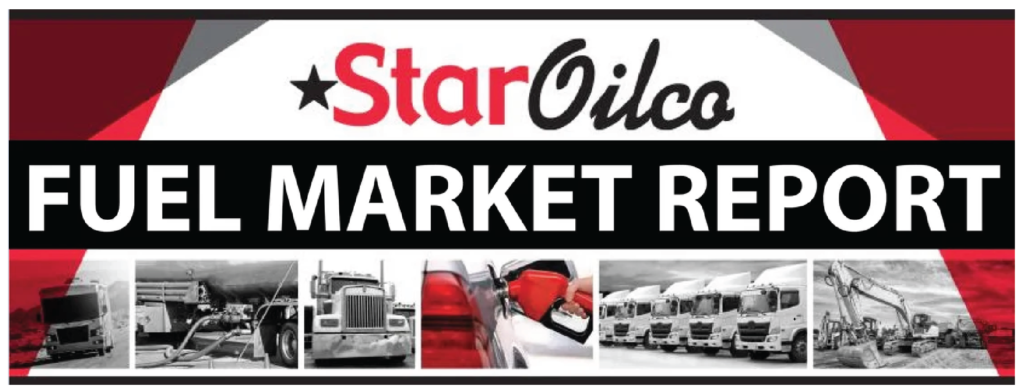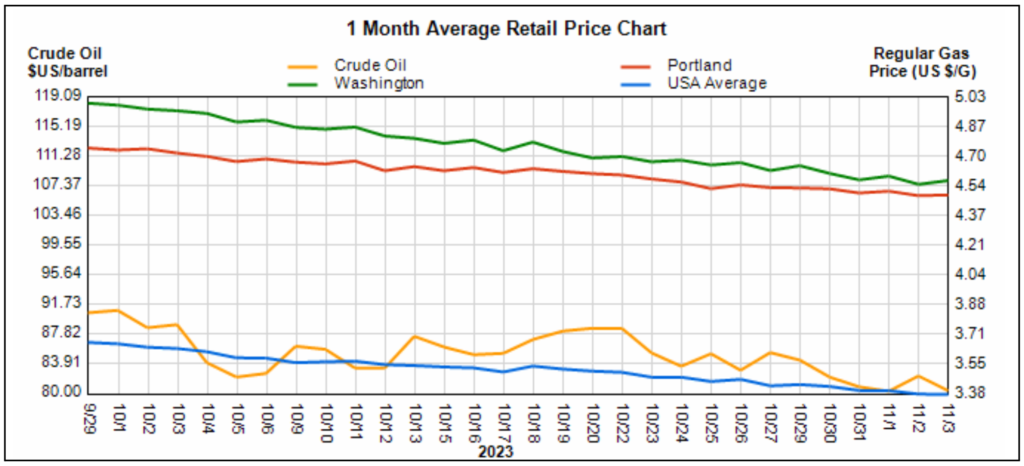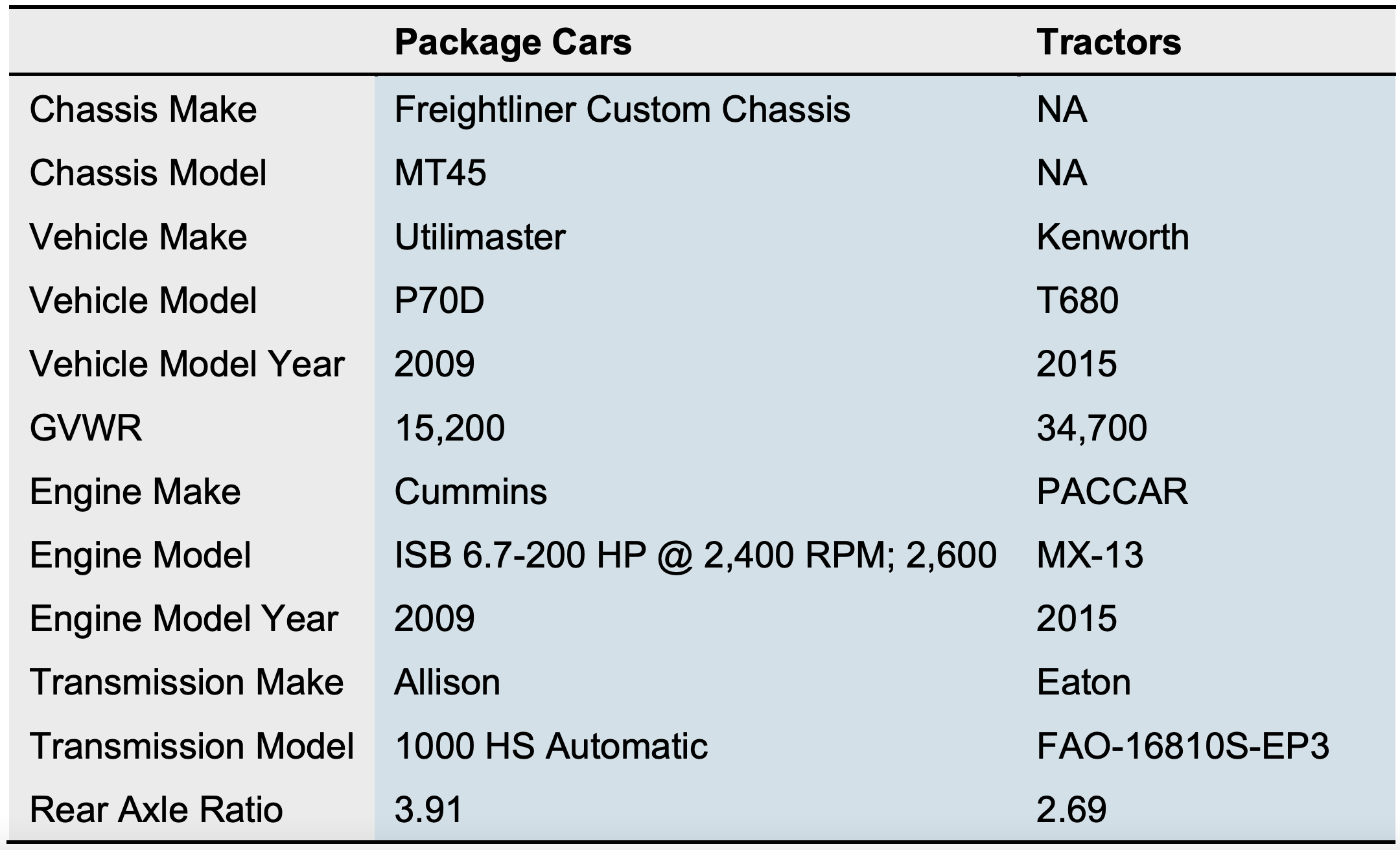Fuel Tax Advantages
A Guide To Fuel Tax Advantages And Wholesale vs Retail Prices
Wholesale prices from direct deals cut costs for businesses buying in bulk. Retail prices, including taxes and operational fees, determine your pump price. Opting for fuel supplier purchases gives businesses constant supply, stable prices, and a boost in productivity.
Discover the layers of federal, state, and sales taxes shaping retail diesel costs and we will also discuss the exlusive advantages of choosing a local fuel supplier.

The Difference Between Wholesale vs Retail Prices
In fuel commerce, the distinction between wholesale and retail prices plays a crucial role in shaping business strategies and consumer choices. If we dive into the key differences that define these pricing models:
Wholesale Fuel Prices
It represents the fuel cost at the initial point of sale between the fuel supplier and business entities. This transaction is pivotal for businesses that require fuel in substantial quantities. Here’s a breakdown of the key points:
Transaction Dynamics
- Wholesale fuel prices are decided through direct transactions between fuel suppliers and businesses.
- These transactions typically involve bulk purchases, allowing businesses to acquire fuel in larger quantities.
Bulk Purchase Advantage
- One of the primary features of wholesale fuel prices is the cost advantage associated with bulk purchases, such as consistent prices and no price inversion according to market demands.
- Businesses buying fuel in larger quantities can negotiate lower prices per unit, resulting in significant cost savings.
Retail Fuel Prices
This is the total cost consumers bear at gas stations or retail outlets. It’s essential to recognize the elements contributing to retail prices, providing a transparent view for consumers.
Tax Inclusions
A notable component of retail fuel prices is taxes. These taxes are imposed at federal, state, and local levels, contributing to government funds for infrastructure and transportation projects.
Retailer Margins and Operational Costs
- It incorporates the profit margin of the fuel retailer.
- Operational costs, such as maintenance, staffing, and other overheads related to running a retail outlet, are also factored into the final retail price.
Taxes Associated with Retail Fuel Prices
Understanding fuel taxes is crucial for businesses and consumers alike, as these levies play a vital role in government revenue and impact the final pump price. Here’s a concise breakdown:

Federal Excise Tax:
The nature of this tax is a fixed amount applied to each gallon of fuel, covering both gasoline and diesel. It primarily funds essential national projects, especially those linked to highways and commuting infrastructure.
State Excise Tax:
This fuel tax varies by state, leading to diverse fuel prices. Revenues go directly to state transportation funds, supporting local projects like road maintenance. Higher tax rates in some states mean higher fuel prices at the pump.
Sales Tax:
This tax is a percentage of the total sale price, including the base fuel price and applicable excise taxes.
Structures vary, with some states applying the percentage to the sum of the base price and excise taxes from federal and state authorities. The revenues fund general state services beyond conveyance projects.
The Business Benefits of Bulk Fuel Purchases From Fuel Suppliers
Buying fuel at wholesale prices is a strategic move that can uplift your business more than you think. These benefits are particularly relevant for large-scale operations in both industrial and governmental sectors and fuel sellers who acquire wholesale fuel for end-customer distribution.
1. All-Time Availability:
Annual contracts with bulk fuel suppliers ensure a consistent and reliable fuel supply, eliminating the risk of interruptions during emergencies and providing specific machinery with a steady source.
2. Consistent Pricing and Time Savings:
Locking in a contract guarantees compatible fuel prices, allowing for budgetary planning. This streamlined process saves time, eliminating the need for market price research, negotiations, and interruptions to operations.
3. Continual Supply and Price Protection:
Bulk fuel contracts offer a constant and uninterrupted fuel supply, shielding businesses from market fluctuations. Additionally, they prevent the impact of rare occurrences like price inversions, ensuring stability in fuel costs and availability.
4. Increased Productivity:
Immediate access to fuel minimizes route deviations for delivery vehicles, streamlining operations and enhancing fleet competitiveness. On-site fuel storage eliminates concerns about station closures during off-hours, weekends, or holidays, reducing logistical complexities for 24/7 operations.
































